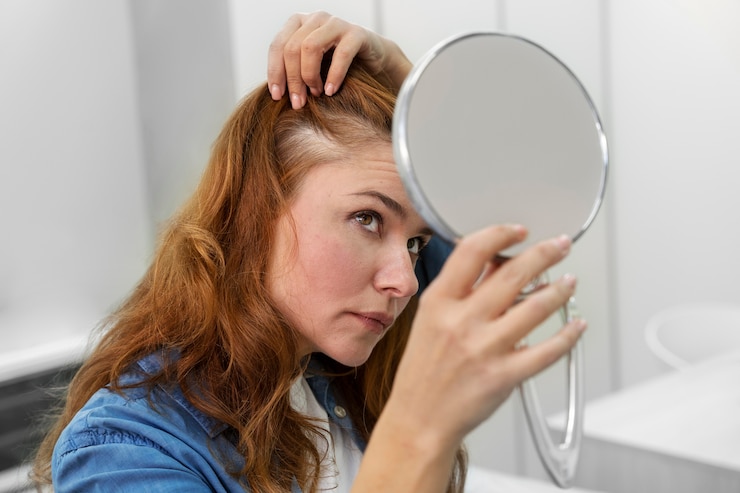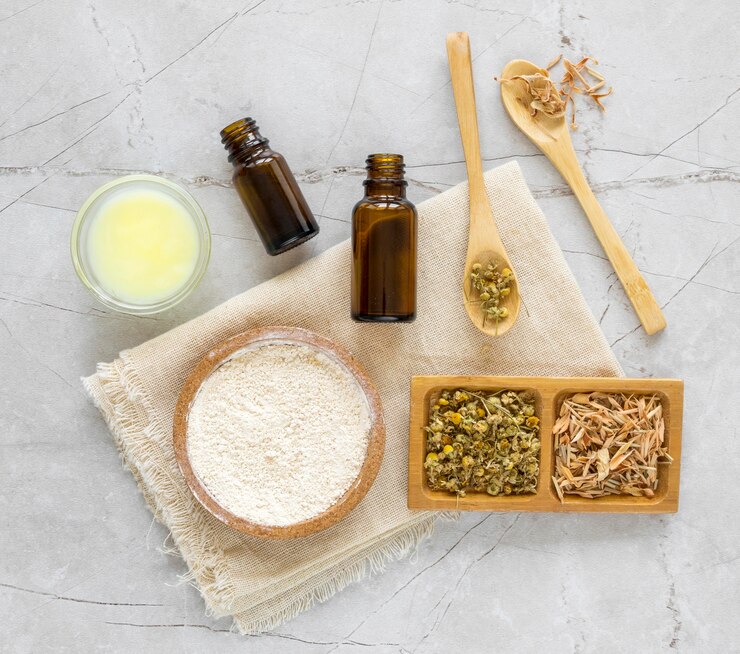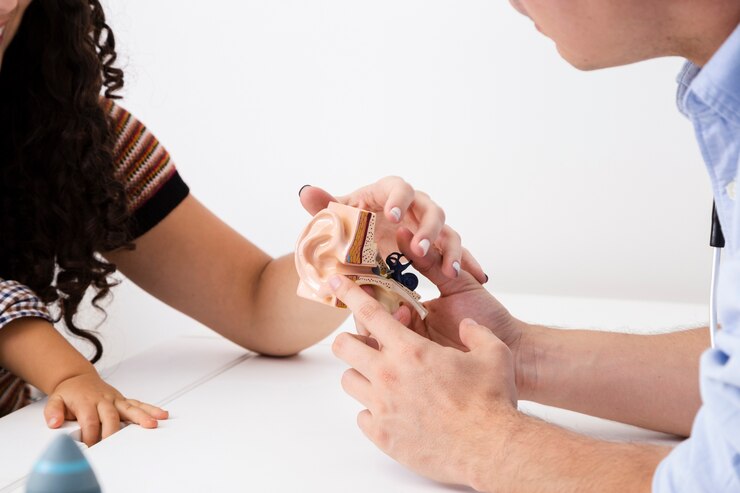
The emotional toll of losing hair can be quite profound and should not be overlooked. I can personally attest to this, as I experienced significant hair thinning in my twenties, which I discuss in my book “Joyous Health.” My hair didn’t fall out in clumps, but it did become noticeably thinner over time. Fortunately, once I identified the underlying causes—such as hormonal imbalances, nutritional deficiencies, and frequent hair coloring—and made necessary changes, my hair gradually regained its thickness and health.
Hair grows about half an inch per month, averaging six inches a year, so patience is important. After about three months, I noticed a small improvement, and it took six months to see a significant change. Keep in mind that this growth rate is just an average; healthy individuals may still experience slower hair growth, especially if they have curly hair. It’s normal to lose between 50 and 100 hairs daily as part of the natural shedding process. If you don’t brush your hair daily, it might seem like you’re losing more hair when you wash it because it all falls out at once. Regular brushing, about twice a day, can help stimulate your scalp’s circulation, promoting healthy hair growth.
In this article, we’ll explore some common causes of hair loss and thinning, along with natural solutions to address them.
### Causes and Solutions for Hair Loss
**Stress:**
Stress is a major contributor to hair loss. Elevated cortisol levels, a stress hormone, can speed up the breakdown of key components in hair follicles, leading to hair thinning. It can also alter hair growth phases and impact digestion, which affects nutrient absorption.
**Solution:** Practice daily stress management techniques. While you can’t always control life’s stresses, you can control your reactions to them.
**Nutritional Deficiencies:**
Poor diet and stress can both lead to nutritional deficiencies that affect hair health. These deficiencies can contribute to hair loss as an indicator of overall poor nutrition.
**Solution:** Consult a healthcare provider, such as a functional medicine doctor or nutritionist, if you suspect a deficiency. Focus on eating a balanced diet rich in a variety of nourishing foods before considering supplements.
**Poor Diet:**
A diet high in processed foods and low in whole foods can cause nutritional shortages, contributing to hair loss. This is particularly evident in cases of eating disorders, but many people consume too much sugar, salt, and unhealthy fats.
**Solution:** Fill your meals with diverse, wholesome ingredients. My cookbooks, like “The Joyous Cookbook” and “Joyous Detox,” offer recipes that support healthy hair.
**Harsh Hair Products:**
Many conventional hair care products contain chemicals that may harm your health and are not conducive to hair health.
**Solution:** Explore the Joyous Health Hair care line, which uses natural ingredients like organic rosemary and lavender essential oils, and avoids harsh chemicals.
**Hormonal Imbalance:**
Hormones regulate many body functions, including hair growth. Imbalances can affect hair health.
**Solution:** Consider consulting with a natural healthcare practitioner for a thorough hormone assessment. Your physician can also help with initial blood work. Assessing your diet and making adjustments can be an effective first step.
**Thyroid Function:**
Thyroid issues such as hypothyroidism can disrupt hair growth, causing hair to fall out more easily.
**Solution:** It’s important to have comprehensive thyroid testing, including TSH, free T3, free T4, and thyroid antibodies, to evaluate thyroid function and diagnose any related issues.
### Additional Considerations
This may seem like a lot of information, but I hope it provides a helpful starting point for understanding the root causes of hair loss and addressing them.
Wishing you joyful health!


